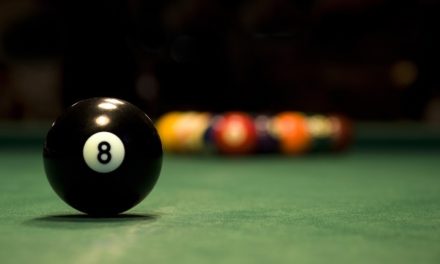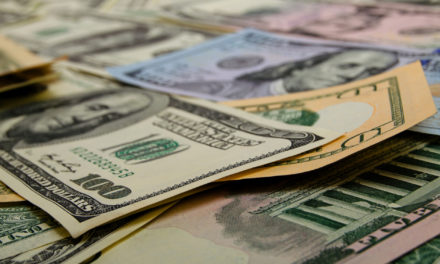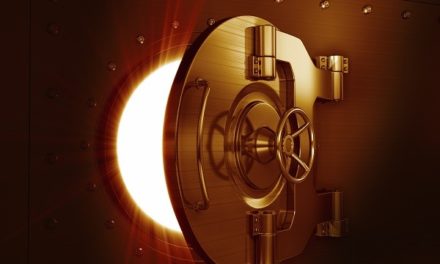
“Only buy something that you’d be perfectly happy to hold if the market shut down for 10 years.”
— Warren Buffett
The Warren Buffett investment philosophy calls for a long-term investment horizon, where a decade-long holding period, or even longer, would fit right into the strategy. How would such a strategy have worked out for an investment into General Electric Co (NYSE: GE)? Today, we examine the outcome of a decade-long investment into the stock back in 2012.
| Start date: | 11/05/2012 |
|
|||
| End date: | 11/03/2022 | ||||
| Start price/share: | $164.72 | ||||
| End price/share: | $78.38 | ||||
| Starting shares: | 60.71 | ||||
| Ending shares: | 75.39 | ||||
| Dividends reinvested/share: | $39.12 | ||||
| Total return: | -40.91% | ||||
| Average annual return: | -5.13% | ||||
| Starting investment: | $10,000.00 | ||||
| Ending investment: | $5,906.79 | ||||
The above analysis shows the decade-long investment result worked out poorly, with an annualized rate of return of -5.13%. This would have turned a $10K investment made 10 years ago into $5,906.79 today (as of 11/03/2022). On a total return basis, that’s a result of -40.91% (something to think about: how might GE shares perform over the next 10 years?). [These numbers were computed with the Dividend Channel DRIP Returns Calculator.]
Notice that General Electric Co paid investors a total of $39.12/share in dividends over the 10 holding period, marking a second component of the total return beyond share price change alone. Much like watering a tree, reinvesting dividends can help an investment to grow over time — for the above calculations we assume dividend reinvestment (and for this exercise the closing price on ex-date is used for the reinvestment of a given dividend).
Based upon the most recent annualized dividend rate of .32/share, we calculate that GE has a current yield of approximately 0.41%. Another interesting datapoint we can examine is ‘yield on cost’ — in other words, we can express the current annualized dividend of .32 against the original $164.72/share purchase price. This works out to a yield on cost of 0.25%.
Here’s one more great investment quote before you go:
“All you need for a lifetime of successful investing is a few big winners, and the pluses from those will overwhelm the minuses from the stocks that don’t work out.” — Peter Lynch




